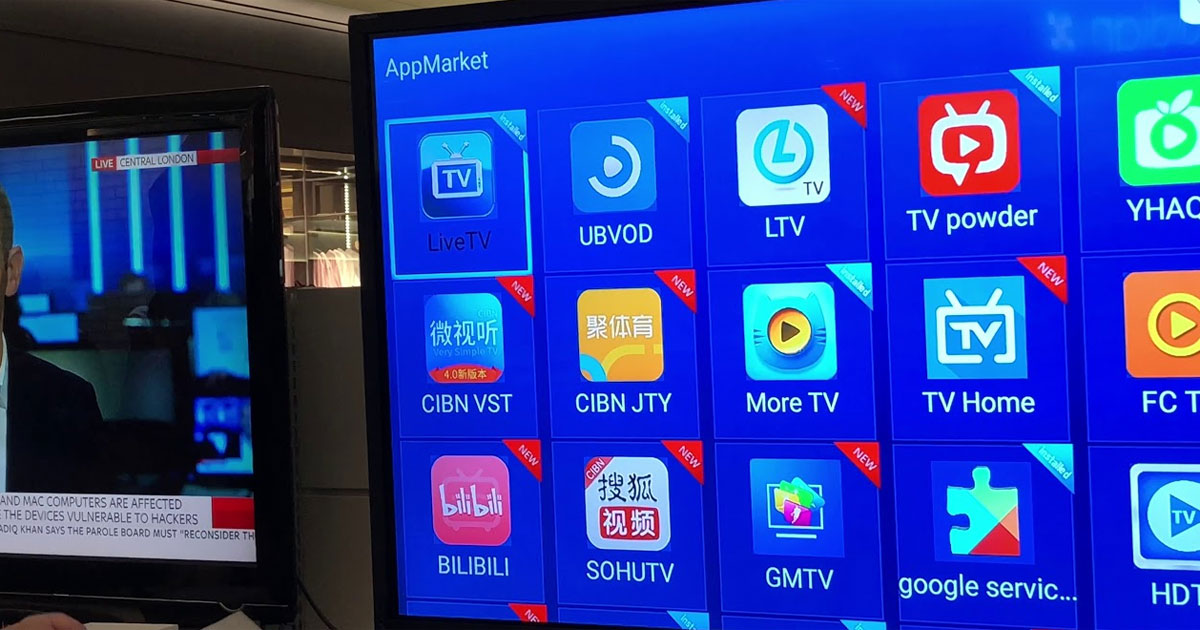Internet service providers have been ordered by the High Court in Singapore to block access to TV box applications, Channel News Asia reported on Nov. 23.
Legal grey zone
These TV box apps openly sold at Sim Lim Square and IT fairs, from as low as S$99, have been all the rage in Singapore for savvy consumers for quite a while now, as they have existed in the legal grey zone.
What they do is essentially allow users to stream and download almost endless content such as movies, TV shows and live sports channels, effectively bypassing gated paywalls.
Unlike earlier iterations that decoded broadcasts and have been forbidden under the Broadcasting Act, the devices make use of apps to access copyrighted content.
Buyers just have to connect the device to a television set using a HDMI cable, connect the device to the Internet through Wifi or a LAN cable.
The Asia Video Industry Association's (AVIA) Coalition Against Piracy (CAP) views such unfettered access as pure piracy.
They have labelled such TV boxes as illicit streaming devices (ISDs) that, in their view, enrich syndicates and criminals, while disrupting the production and distribution of legitimate content.
Hurting the industry
This blocking of access follows the hearing of a motion filed in October by Singnet, Fox Networks Group Singapore, NGC Network Asia, Fox International Channels (US) and The Football Association Premier League -- who are the plaintiffs and members of the CAP.
The motion was heard in the High Court on Nov. 2.
The proposed orders against eight authentication server domains was then granted.
Internet service providers such as Singtel and Starhub have complied with the court order.
UBTV, a pre-loaded application owned by China-based company Unblock Tech, is one example of an app that is subjected to the blocking order.
Dissuasion
Blocking access to the TV box applications appear to signal to merchants that retailing such technology will be less lucrative and riskier as action is now being taken.
This court order has been a long time coming as set-top boxes -- which they are previously known as and referred to -- have existed in many iterations since at least eight years ago.
And to appeal to users of such devices to stop, the coalition that is against piracy have highlighted the supposed downsides of the TV box app.
These include exposing the user to malware, spyware, ransomware and malware mining, and not having access to proper support if the device becomes faulty.
If you like what you read, follow us on Facebook, Instagram, Twitter and Telegram to get the latest updates.
